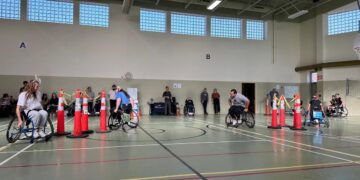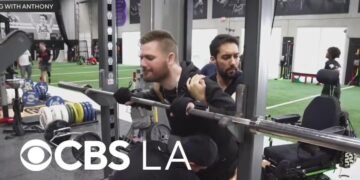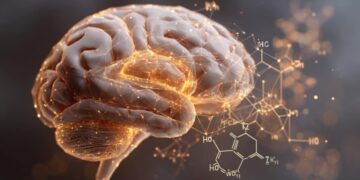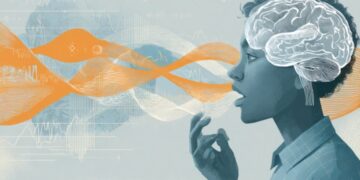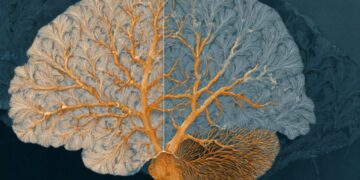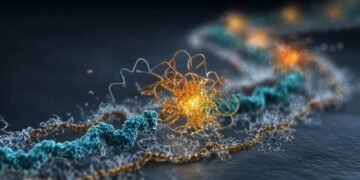Summary: Experts reviewing decades of research conclude that there is no scientific evidence that the gut microbiome causes autism. They highlight major flaws in observational studies, mouse experiments, and clinical trials, including inadequate sample sizes and contradictory findings.
Many differences in gut microbes disappear once diet or family-related factors are taken into account, indicating that autism may shape diet, rather than the other way around. The authors urge time and funding for more rigorous research into the genetic and neurological underpinnings of autism.
KEY DATA
No causal link found: Large-scale review shows no convincing evidence that gut microbes cause autism. Main flaws of the method: Many microbiome studies used very small samples and weak statistics, making the results unreliable. Dominant genetics: Autism is strongly genetic and experts recommend redirecting research efforts to neurodevelopmental mechanisms.
Source: Cell Press
There is no scientific evidence that the gut microbiome causes autism, a group of scientists maintain in an opinion article published November 13 in the journal Cell Press Neuron.
They point to the fact that conclusions from previous research that supported this hypothesis (including observational studies, mouse models of autism, and human clinical trials) are undermined by flawed assumptions, small sample sizes, and inadequate statistical methods.
“Despite what you may have heard, read, or watched on Netflix, there is no evidence that the microbiome causally contributes to autism,” says first author and developmental neurobiologist Kevin Mitchell of Trinity College Dublin.
“I don’t think it’s justified to dedicate more time and funding to this issue. We know that autism is a strongly genetic condition and there is still a lot to work out.”
The hypothesis that autism is caused, at least partially, by the gut microbiome arises from the fact that many people with autism suffer from gastrointestinal symptoms. Additionally, the recent rise in autism diagnoses has led some to believe that environmental or behavioral changes are driving an increase in autism, although the authors note that there is strong evidence that the increase in autism diagnoses reflects increased awareness and expanded diagnostic criteria rather than a biological mechanism.
However, researchers have pursued the microbiome-autism hypothesis by comparing the gut microbiomes of people with and without autism, studying mouse models of autism, and conducting clinical trials with people with autism. The authors maintain that in all of these studies the results are flawed and unconvincing.
“There is variability in those three areas, and the studies just don’t form a coherent story at all,” says lead author and developmental neuropsychologist Dorothy Bishop of the University of Oxford.
In the most cited studies comparing the gut microbiomes of people with and without autism, researchers used sample sizes ranging from 7 to 43 individuals per group, while statistical recommendations call for sample sizes in the thousands.
“Autism is not rare, so there is no reason to do studies with only 20, 30 or 40 participants,” says co-author and biostatistician Darren Dahly of University College Cork.
These studies also used various methods to characterize microbiome composition, making it difficult to compare their results. And although some studies found differences between the microbiomes of people with autism and controls, these differences were often contradictory; For example, some studies found lower microbial diversity in the intestines of people with autism, while others found the opposite.
These differences also disappeared when the studies took into account other variables, such as diet, or when they compared the microbiomes of children with autism to those of their neurotypical siblings.
“If anything, there is stronger evidence for a reverse causal effect, in that having autism can affect a person’s diet, which can affect their microbiome,” Mitchell says.
Mouse models of autism that claim to show a link between the gut microbiome and autism are also unconvincing, researchers say, due to behavioral, cognitive and physiological differences between humans and mice.
“There is no evidence that ‘autism-like’ behaviors in mouse models have any relevance to autism, and the experiments themselves had methodological and statistical flaws that undermine their claims,” Mitchell says.
Several human clinical trials have tested the microbiome-autism hypothesis by performing fecal transplants or administering probiotic therapies to people with autism and then monitoring changes in their characteristics.
Again, researchers say most of these studies used inadequate sample sizes and inappropriate statistical methods that undermine their findings, and many did not use a control group or randomization.
“The consensus among the studies we surveyed is that when the tests are done correctly, you don’t see anything,” Dahly says.
Based on the lack of convincing evidence and the lack of progress in the field, researchers argue that the hypothesis that the microbiome causes autism has reached a dead end.
“If you accept our message, there are two paths you can follow. One is to simply stop working in this area, which is something we would love to see,” Bishop says.
“But since, realistically, people aren’t going to stop, they at least need to start doing these studies in a much more rigorous way.”
Key questions answered:
A: Current evidence does not support a causal link. Experts argue that previous studies relied on small samples, flawed methods and inconsistent results.
A: Many used small samples, conflicting microbial findings, and poor statistical controls, making their conclusions unreliable.
A: Autism is strongly genetic and researchers emphasize focusing resources on genetic and neurodevelopmental mechanisms.
About this research news on autism and the microbiome.
Author: Julia Grimmett
Source: Cell Press
Contact: Julia Grimmett – Cell Press
Image: Image is credited to Neuroscience News.
Original research: Open access.
“Conceptual and methodological flaws undermine claims of a link between the gut microbiome and autism” by Kevin Mitchell et al. Neuron
Abstract
Conceptual and methodological flaws undermine claims of a link between the gut microbiome and autism
The idea that the gut microbiome causally contributes to autism has gained popularity in the scientific literature and popular press.
Support for this hypothesis comes from three lines of evidence: observational studies in humans, preclinical experiments in mice, and clinical trials in humans.
We critically evaluated this literature and found that it is riddled with conceptual and methodological flaws and limitations that undermine claims that the gut microbiome is causally involved in the etiology or pathophysiology of autism.

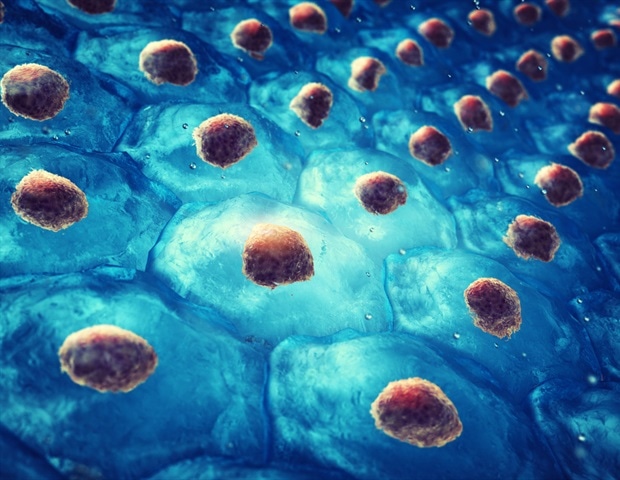
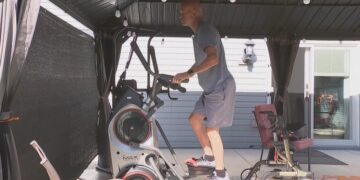
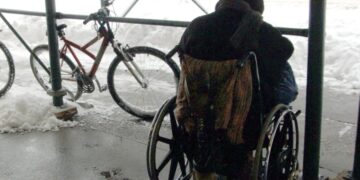

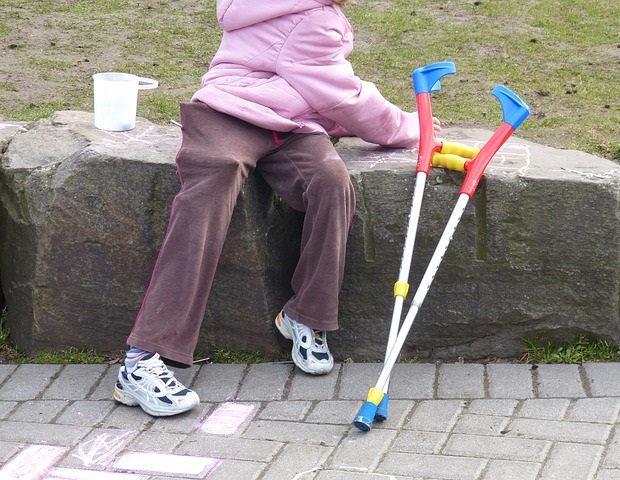
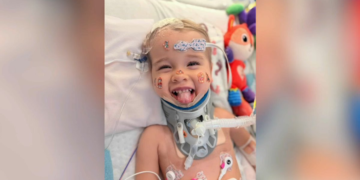
_6e98296023b34dfabc133638c1ef5d32-620x480.jpg)
